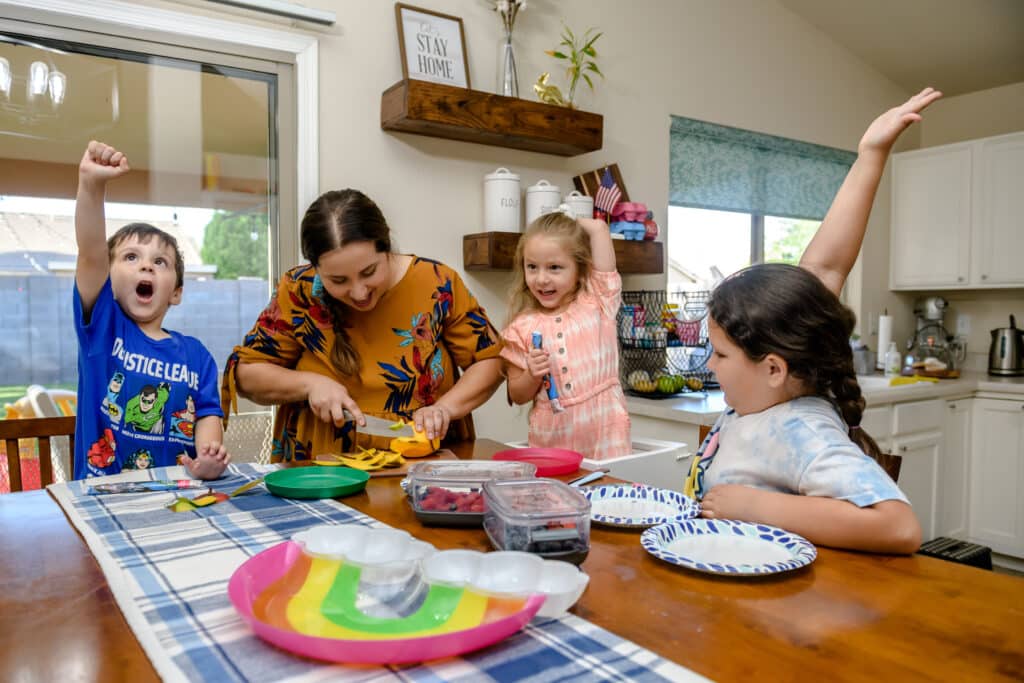This report explores the unique role and challenges faced by immigrant Family, Friend, and Neighbor (FFN) caregivers in Colorado, who provide essential child care for over half of the state’s children under age five. Despite their importance, these caregivers face significant obstacles in accessing federal support through the Child and Adult Care Food Program (CACFP), which reimburses child care providers for nutritious meals served to children. Many immigrant FFN caregivers, who are often license-exempt and care for children informally, face barriers to CACFP access, including fears of deportation, bureaucratic complexity, and language barriers.
Expanding Access to the Federal Child and Adult Care Food Program for Immigrant Family, Friend and Neighbor Care Providers in Colorado

October 16, 2025
Home-based child care providers share feedback and insight on their experiences with legislative visits during the 2025 August recess.
October 9, 2025
Families and child care providers are being squeezed as pandemic-era supports expire and federal funding stalls. Across the country, home-based providers are struggling to stay open amid lower reimbursements and rising costs. Without stronger federal investment in the Child Care and Development Block Grant (CCDBG), tens of thousands of children could lose access to care.


